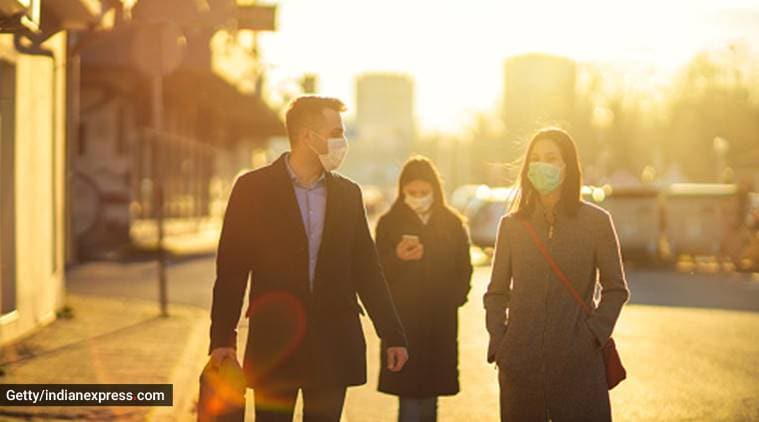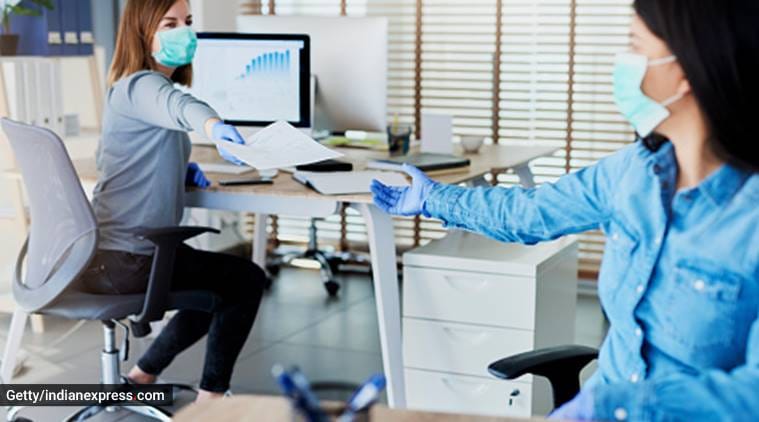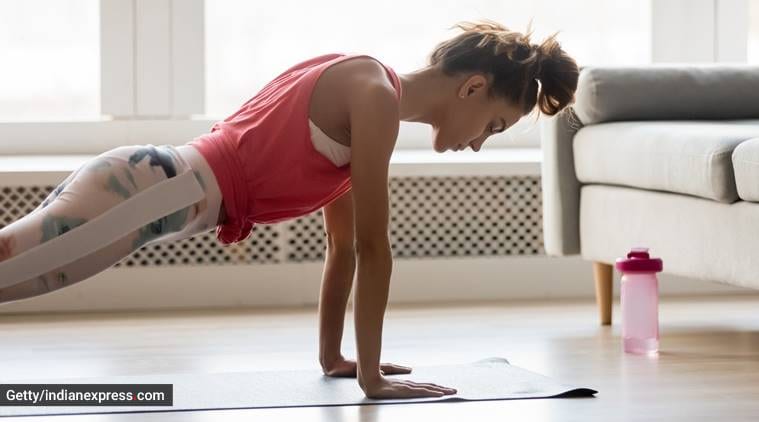The anxieties could rise from various concerns, most importantly the risk of exposure to COVID-19 infection when we step out, besides other issues like uncertainties of the job, and the future.

Now that considerable relaxations have been announced by the Centre in the fourth phase of the lockdown, mobility is likely to increase, mainly with people going back to their offices or meeting friends and family members. This is perhaps what many of us had longed for all this while. But stepping out of the house at a time when we have finally reoriented our lives around our homes can bring back certain fears and anxieties.
The anxieties could rise from various concerns, most importantly the risk of exposure to COVID-19 infection, besides other issues like uncertainties of the job and the future or the ability to adjust to a new ‘normal’ environment. This is similar to what has been dubbed as “post-lockdown anxiety” by Anxiety UK, a mental-health charity.
“(It’s) the fear or worry of returning to normal life and leaving lockdown. This can develop from many places, the most common we tend to see seems to originate from health worries or a fear of the unknown. It can range from a worry of being in public spaces to a fear of leaving the house in general,” Samuel Ledger, Anxiety UK, said in an interview with Vogue.
Is there a way to avoid being exposed to such a situation? No, because we need to earn our livelihood and because we cannot be in isolation forever. That means we have to find ways to cope with our anxiety or it could interfere with our well-being.
Read| Mental Health Awareness Week: Simple ways to stay stress-free
How to deal with the anxiety of going out after lockdown
Accept: The first thing to do is to accept the reality the pandemic has resulted in, advised Dr Sandeep Vohra, senior consultant psychiatrist, Indraprastha Apollo Hospital. “People will have to learn to accept the fact that we have to live with coronavirus. You cannot be in denial of that. The more we face the situation, the less anxious we become.”
Take precautions: The lurking fear of COVID-19 infection can be dealt with only if we take necessary precautions. Dr Samir Parikh, Director and HOD, department of mental health and behavioral sciences, Fortis Healthcare, pointed out that our anxieties about stepping out are similar to those we were having during the lockdown. “Our main reason for anxiety was, what if we get the infection? So whether we are inside our homes or out, the anxiety continues. This anxiety needs to be channelised properly so that we continue with the safety precautions we have been taking all this while. We still need to maintain social distancing, sanitisation and wear masks when we to go to work,” he said. Here some dos and don’ts you need to keep in mind.

Speak to your employer, colleagues: A communication gap with the employer regarding their policies post COVID-19 could also be a cause of anxiety so it is better to clarify your doubts. “Enquire at your office about the policies they have adopted post COVID-19, including changes in seating for social distancing, sanitisation measures or any other work-related changes,” suggested Dr Vohra. If there are colleagues who have joined the office before you, speak to them and get their feedback on the current scenario at the workplace, he added.
Read| Helplines to chatbots: How to take care of your mental health during quarantine
Dr Parikh said, “At the organisational level too, people need to allow a little more flexibility because we will continue to experience pressures of work-life balance. So we need to make sure that our empathy towards our employees helps them maintain that balance.”
Avoid coronavirus discussion: If you are among those who are constantly keeping track of the number of reported cases or deaths, it is time to take a break. Experts have been advising judicious consumption of coronavirus-related news to maintain good mental health. So, avoid too much discussion or debate about the pandemic unless absolutely necessary, Dr Vohra emphasised.

Keep your mind healthy: For this, we need to have six to eight hours of good quality sleep at night, and do breathing exercises, yoga and other forms of exercise regularly. This can help you feel relaxed. Limit the consumption of alcohol and cigarettes.
Speak to someone: “Most importantly, we need to maintain positivity because mental health outcomes will be a key aspect of the pandemic,” Dr Parikh remarked. Bottling up your anxieties will not help. So, speak to someone about the issues, be it a friend, family member, colleague or a therapist.
? The Indian Express is now on Telegram. Click here to join our channel (@indianexpress) and stay updated with the latest headlines
For all the latest Lifestyle News, download Indian Express App.
Source: Read Full Article


